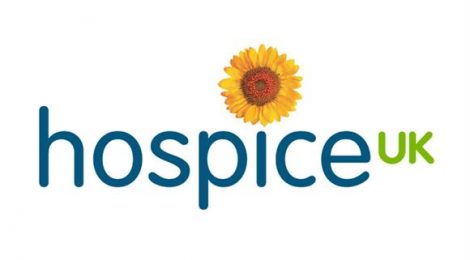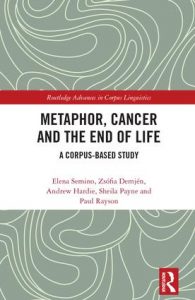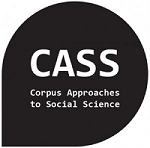
A ‘metaphor menu’ for cancer patients
(Originally on ehospice on 17 December 2014)
by Elena Semino
On 15 November 2014, Melanie Reid wrote passionately in The Times about the use of military metaphors to talk about illness, and concluded: “We must be allowed to regard our affliction any damn way we want: to control it with our own words. It is, after all, uniquely ours.”
A large-scale study we conducted at Lancaster University on metaphors for cancer and end of life supports this conclusion.
We looked at the language used by patients with advanced cancer, unpaid family carers and healthcare professionals. The members of all three groups regularly use a variety of metaphors to express their views, feelings and challenges.
Patients, in particular, variously describe their cancer as a difficult road or a rollercoaster ride, or personalise it as an enemy, a demon or even as someone who is playing hide-and-seek with the oncologists. Some give their disease humorous nicknames, such as ‘Mr C’ or ‘Hefty’.
Metaphors are resources for making sense of ourselves and of what is happening to us. When they work well, they can help us understand and cope with our experiences. When they work badly, they can cause misunderstandings and negative emotions.
In our study, we have found plenty of evidence that military metaphors can be harmful, as many have suggested. One patient, for example, comments that she feels “a failure” for “not winning this battle”, which suggests that the ‘battle’ metaphor can induce feelings of guilt and low self-esteem when treatment fails.
‘No metaphor is always good or always bad’
However, our main finding is that no metaphor is always good or always bad: different metaphors work differently for different people.
For example, while the ‘battle’ metaphor is clearly unsuitable for many cancer patients, it seems to provide some with a sense of meaning, purpose and positive self-identity, such as when a patient proudly comments: “My consultants recognised that I was a born fighter.”
Similarly, some patients seem to be comforted and motivated by the idea that they are on a ‘cancer journey’ with many travelling companions. For others, however, the idea of being on a journey seems to be associated with a sense of frustration and lack of control, as when a patient says: “How the hell am I supposed to know how to navigate this road I do not even want to be on when I’ve never done it before.”
Metaphor menu
What matters, therefore, is that no particular metaphor is either censored or imposed on anyone. Rather, patients should be encouraged and enabled to use the metaphors that work best for them.
To help achieve this, we have started to create a ‘metaphor menu’ for cancer patients – a collection of quotes from patients in our data and other sources that might be helpful to someone who has had a cancer diagnosis.
In its current version, the metaphor menu includes not just some individual examples of ‘battle’ and ‘journey’ metaphors, but also metaphors drawing from music, nature, games, fairground rides and the experience of dealing with unwanted guests.
The idea is that, as in a restaurant, the menu provides a variety of options: different people will find different metaphors more or less appealing, but, ideally, each individual person will be able to recognise or discover one or more metaphors that are helpful for them.
Get involved
We have already received some positive feedback on the menu, and we are exploring some offers of collaboration from local cancer support groups in the North West of England.
We would, however, be delighted to share the current version of the metaphor menu with interested ehospice readers. We would particularly like to hear from anyone who would like to be involved in our work, for example by:
- giving us feedback on the metaphor menu in its current form
- sending us further examples of metaphors used by cancer patients that you have permission to share
- drawing our attention to similar initiatives
- suggesting ways in which we can trial the Metaphor Menu with patient groups.





